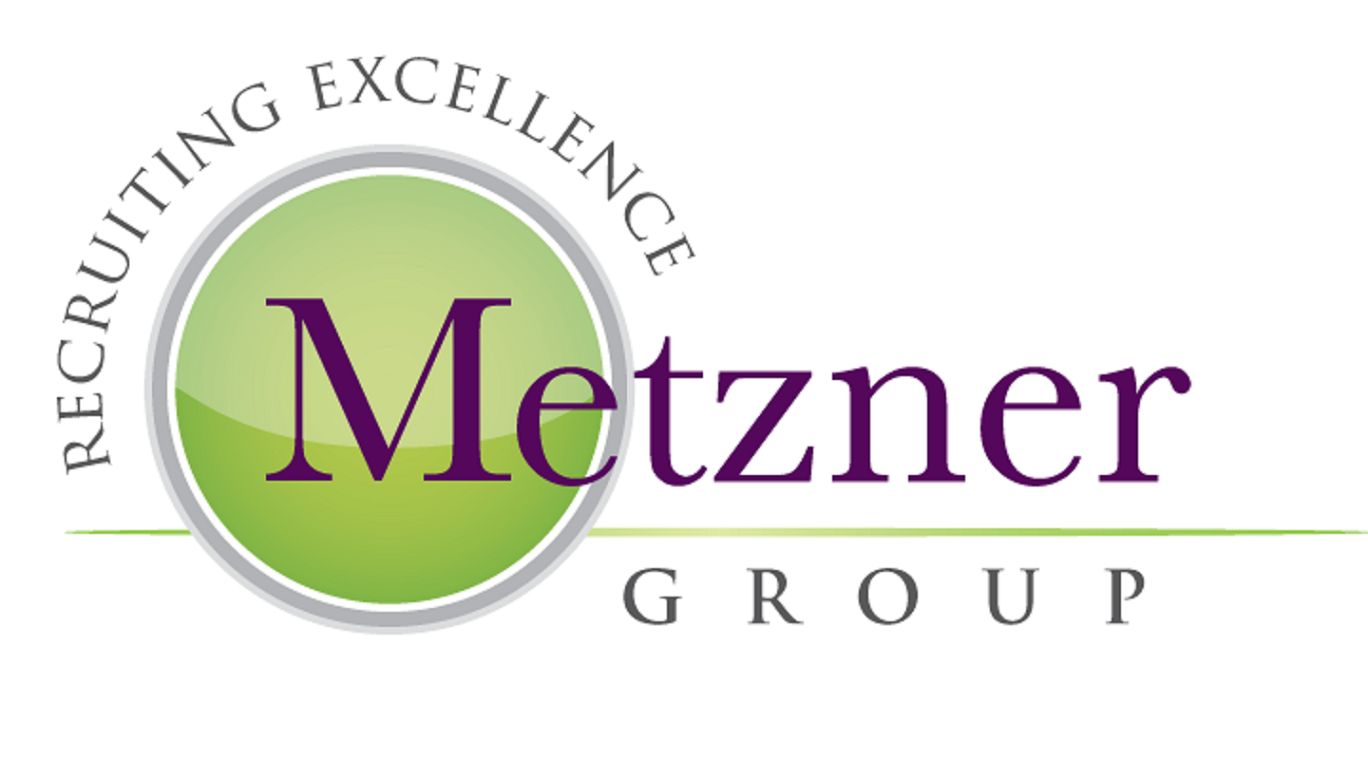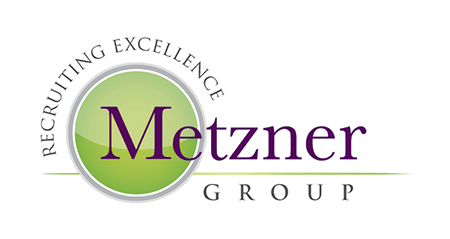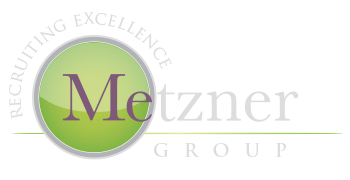Demand For Engineers Increases: Infrastructure Asset Management & Sustainability
Engineers that understand infrastructure asset management are in demand within the U.S. engineering marketplace. Infrastructure asset management specifically focuses on the need to sustain structures such as highways, bridges, water treatment facilities, electric utility and transmission lines in addition to many others. Mounting pressures to cut public spending, has much needed maintenance and rehabilitation put on hold. Meanwhile, U.S. infrastructure continues to decay. The planning, design, construction, operations, maintenance, upgrading, and rehabilitation of infrastructure has become split among the private sector and public agencies.
What has become clear is the need for talented engineering managers that understand the delicate balance between planning, design, operation, maintenance and sustainability of infrastructure . My clients, architecture and consulting civil engineering firms, have multiple year initiatives for expanding consulting divisions that focus only on asset management. Whether it be underground tunneling for large diameter pipes, water/waste-water systems or transportation systems- the market and the money are HOT.
Consulting A/E firms seek to expand their ability to offer their clients asset management action plans that create an effective and practical business framework for transportation, stormwater, water and sanitary assets. One firm states the importance in providing agencies/municipalities a “comprehensive approach that creates a sustainable program to help achieve performance goals, minimize costs and meet stakeholder demands.” These asset management plans vary from firm to firm and may include but not be limited to: strategy and service level development; business planning; infrastructure assessment and planning; financial and capital planning; technology strategy implementation; operational excellence; computerized maintenance management systems.
Engineers with comprehensive business experience and practices will find a variety of opportunities open to them over the next year. This may reactivate the MBA vs. MSCE discussion . What do you think.
The Metzner Group Blog




